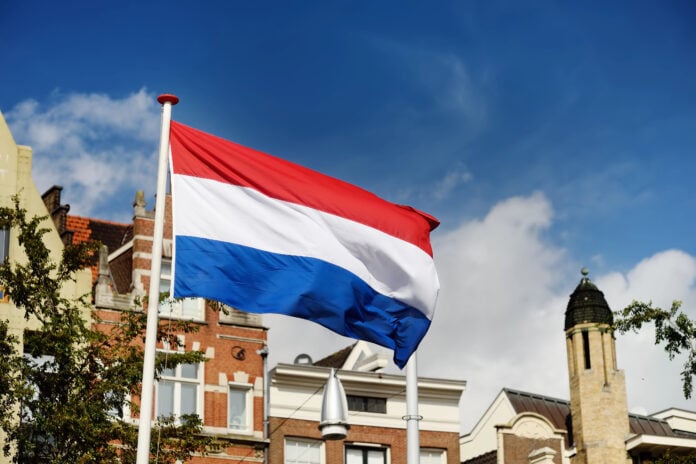The Netherlands employs its so-called Kennismigranten (highly skilled migrants) in many sectors, from IT to academia to… nail salons, apparently.
Yup, according to research by the Dutch Labour Inspectorate, skilled migrants don’t always end up doing the work the government intends for them to do.
Instead, companies often abuse the highly skilled migrant scheme to take advantage of the accelerated immigration process for employees.
What is the highly skilled migrant scheme?
Highly skilled migrants are highly educated workers from non-EU countries who come to the Netherlands to contribute to the Dutch knowledge-based economy. They often work, for example, as university lecturers, scientific researchers, or doctors in training.
The knowledge migrant scheme also allows companies to expedite a residence permit for these workers, provided they earn at least €3,700 gross per month (if they are under 30).
It’s not all about knowledge
It turns out that the Dutch highly skilled migrant scheme is being abused by both companies and individuals to bring people from outside the EU to the Netherlands.
As the Volkskrant writes, the Dutch Labour Inspectorate has found skilled migrants cleaning kitchens, working on construction sites, and in nail salons.
READ MORE | How to land a sponsored job in the Netherlands
How does this happen? Well, among the 10,500 companies recognised as sponsors in the Netherlands, there are also employment agencies and payroll companies which refer the “knowledge migrants” to catering establishments, cleaning companies, and nail salons.
(No, that is not to say people who work in these jobs are not skilled or knowledgable; but it is not who the scheme is intended for.)
Residence permits for sale
In some cases, companies take it even further and use the highly skilled migrant scheme to “sell” the dream of permanent Dutch residence to people from abroad.
Once a skilled migrant has stayed in the Netherlands for five years, they qualify for a permanent residence permit.
So, some companies are willing to accept money (a lot of it) from third-country residents in order to hire them, on paper, as “skilled migrants”.
Want the latest Dutch news to come zooming through the internet to your inbox? Dat kan! Subscribe to DutchReview’s weekly roundup 📮

Politiek ligt inderdaad te slapen. Overigens slaat die 5 jaar regeling nergens op. Ook kennismigranten die langer dan een jaar heir verblijven moeten op zijn minst enige kennis opnemen van de Nederlandse taal